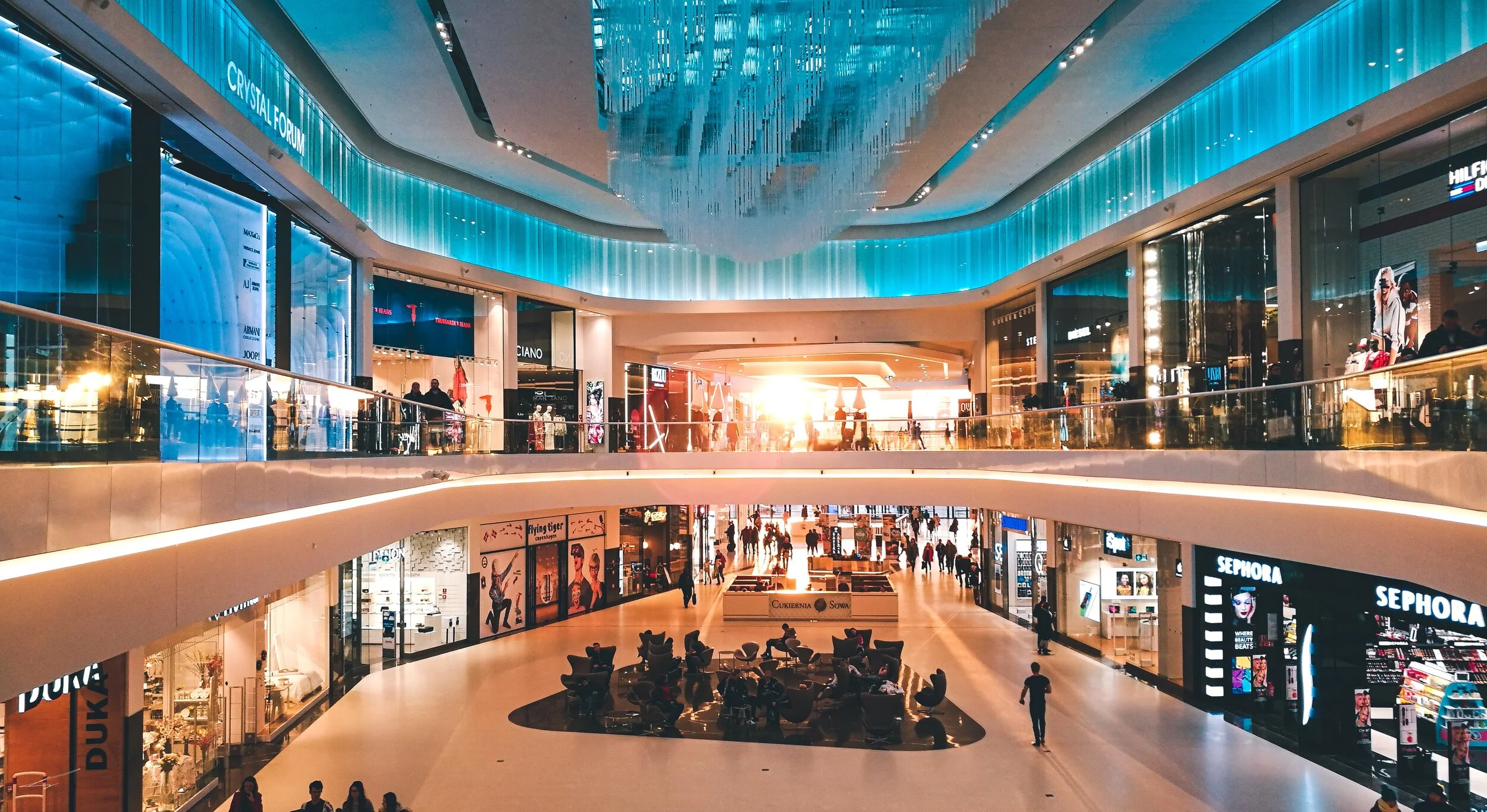Earth Day and the Fashion Industry: it’s complicated.
Today, April 22nd 2020, marks the 50th anniversary of Earth Day. It seems as though 50 years worth of reminders would have led every industry on a righteous path, but that is not the case, especially regarding the fashion industry.
While the industry has made wonderful and massive strides since the dire impact of climate change was grasped by the public, it still remains one of the most polluting industries in the world.
Every year for the past 5 years, Fashion Revolution, a platform dedicating to advocating for improved labor conditions and sustainability efforts, has been releasing a transparency index in which they analyze “250 of the world’s largest fashion brands and retailers and ranked them according to how much they disclose about their social and environmental policies, practices and impacts.” Each brand is given a transparency score out of 100. The average level of transparency amongst the 250 brands was around 23%. This typically means they will have basic information about their factories like the name and address but lack information about any issues or processes.
On the positive side, transparency has been increasing year over year as well as the number of brands willing to participate in questionnaires and surveys, which scored higher than those that were not.
Source: www.fashionrevolution.org
Fashion Revolution and its yearly transparency index began in response for the call for a very closed off industry to lower the curtain and reveal its major flaws in order to work towards improvement. A main driver for this effort was in response to the Rana Plaza factory collapse in 2013. The factory collapsed as a result of extremely poor management and dismissals of many reports of the building falling apart before factory workers eyes. The tragedy ended up “killing more than 1,100 garment workers, mostly young women, and injuring 2,500 more.” according to Forbes. This terrible event shook the manufacturing as well as the fashion industry and hundreds of brands were called upon to improve their working conditions.
Labor issues are only half of the problem with this dominating industry, however, luckily for the planet sustainability is trendy and also on the rise. More brands than ever have dedicated themselves to producing less waste, using less chemicals, and polluting less toxins. Some brands have even built themselves on a sustainability platform like Reformation and Stella McCartney.
Personally, this gives me hope. It’s very slow progress but it is still visible, and I am no longer having to make excuses for the industry that I love. For the plant and humanity’s sake let us all take a stand against over-consumption and fast fashion, as well as push those who are slipping to be better, and all companies to improve their working conditions.


